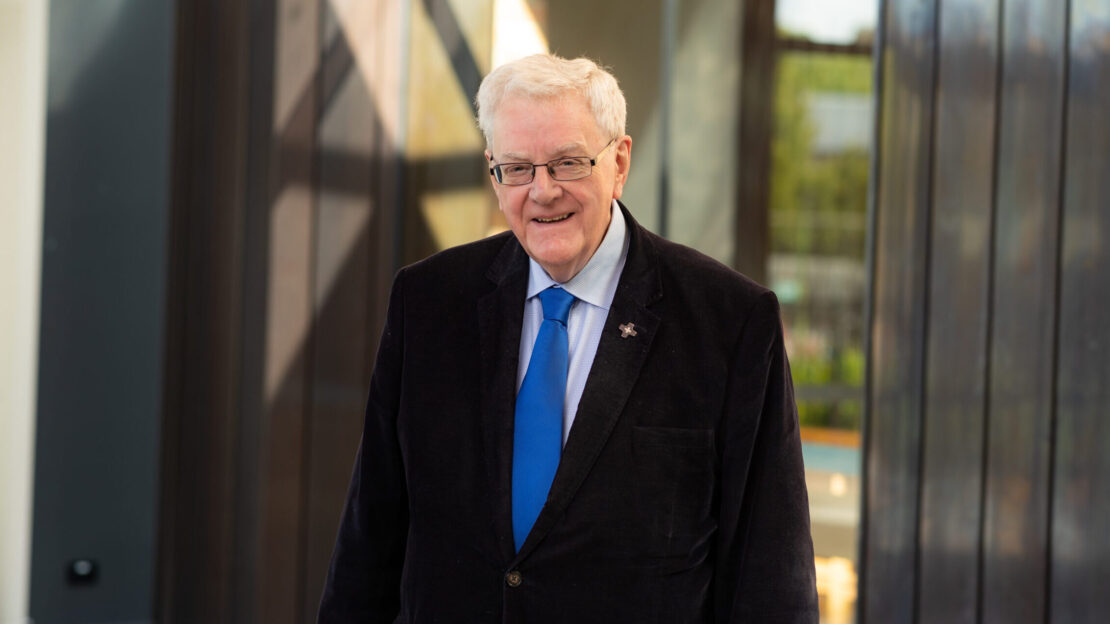One, holy, Catholic and apostolic Church
After expressing faith in the Holy Spirit, both creeds go on to express faith in the Church which is different of course to faith in God, Father, Son and Holy Spirit. The Apostles’ Creed states this simply: ‘the holy Catholic Church’, the Nicene Creed is longer: ‘I believe in one, holy, Catholic and apostolic Church’.
The longer phrase uses the four characteristics of the Church as it is called to be. It is called to be one, a unity. It is a frequent prayer of Jesus for his disciples that they be one. He calls his disciples into a communion with him and with each other. Pentecost reverses the effects of the symbolic Tower of Babel (Genesis 11.1-9) which is the story of human division and it uses languages as a sign of dividedness. Pentecost, the birth of the Church, calls us to be one and again uses languages as a way of speaking of unity; the crowd after Pentecost acclaim: “we hear them speaking in our own languages about the marvels of God” (Acts 2:11).
The word ‘holy’ can make us wonder! It is easy enough to see examples of a lack of holiness. However, the creed like the Scriptures uses the word ‘holy’ not so much about the individual holiness of people or of the Church but rather, it uses the word to speak of a place or group where the holiness of God may be encountered. The Church’s holiness consists in its link with Christ, the Holy One.
The word ‘Catholic’ has come to be used specifically of the Catholic Church. Catholic means universal. The Church has the tendency to expand to all of the world. Of its nature, it seeks to be planted everywhere, to be in the midst of all peoples. This is not about converting everyone, but about there being a group of Christ’s disciples amidst all the peoples of the earth. Christ is active beyond the Church but he can only be recognised where his word can be spoken and the knowledge of him made available, where he can be embodied in his ‘body’, the Church.
The fourth word is apostolic. This is about authenticity. The Church has to be in continuity with the apostles and apostolic times. This is not always immediately evident because the Church is different in the various ages in which it lives. This is clear when we look at the history of the Church: it is different in different times and in the midst of different cultures. This often requires careful working out and prayerful discernment. It involves continuity in the midst of differences.
Catholicity and apostolicity became very important when later on various groups arose whose link to the gospels was tenuous or non-existent. Some such groups were only prepared to accept one or other gospel and some replaced the gospels with their own ideas or what they described as visions from God. The Church Fathers insisted that these writings had to be in continuity with the New Testament. Many of those groups were very localised and so they were required to be in communion with the whole Church, that is they had to be part of the Church as Catholic.
By Fr Frank O’Loughlin
Published: 19 April 2024




Comments
Add Comment